Abstract
Prof. Dr. Thorsten O. Zander
Professor at TU Brandenburg and Co-founder Zander Laboratories
Can computers learn to understand their users in a way we intuitively understand other people? The short answer is: Yes, they can. Teaching computers to adapt to the human mind is exactly what Brain-Computer Interfacing is about.
Based on EEG – measuring electromagnetic potentials generated by brain activity on the scalp – Brain-Computer Interfaces (BCIs) can automatically detect and react to changes in the state of its user’s mind. This ‘thought reading’ can be used to control a computer directly – as if we were using a computer mouse while not using a single muscle in our body. In addition to explicit, intentional control, BCI can be used for implicit communication from the user to the computer. The computer can see and learn how our brain responds to changes in the environment and build – step by step – a model of its user’s mind. It can then continuously adapt to our intentions, ideas and concepts and support the ongoing Human-Computer Interaction.
I call this approach Neuroadaptivity and see it as a path to a convergence of human and machine intelligence. In that way, a neuroadaptive system – a computer – can indeed learn to gain an understanding of its user.
Speaker bio
Prof. Dr. Thorsten O. Zander is the founder and leader of Zander Laboratories, Amsterdam, The Netherlands, and is a professor for Neuroadaptive Human-Computer Interaction at TU Brandenburg, Germany. His research interests include using neurophysiological signals to decode the cognitive or affective state of humans interacting with technology. By developing novel Brain-Computer interfaces (BCIs), his groups aim to automatically assess information about the user’s state to augment and automatically adapt human-computer interaction. He is considered a pioneer in the field of passive BCIs, which he defined in 2008, and he is the founder and leader of the Society for Neuroadaptive Technology. Furthermore, he is affiliated with the Leibnitz Institute Knowledge Research Center, the Excellence Cluster LEAD Graduate School in Tubingen, and the Swartz Center for Computational Neuroscience, University of California, San Diego. Thorsten is a member of Microsoft’s Technical Leadership Advisory Board (TLAB) on BCI and Artificial Intelligence.

